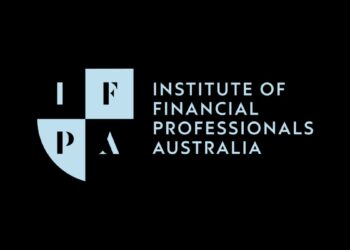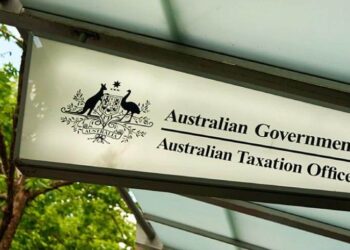Speaking in a recent webinar, Cooper Grace Ward Lawyers partner Clinton Jackson explained that some SMSF trust deeds contain a requirement where the trustee needs to acknowledge or approve a binding death benefit nomination.
“I absolutely detest this [requirement]. It’s in numerous trust deeds out there,” said Mr Jackson.
Trust deeds with these sorts of requirements might use terms such as “acknowledge, receive, be given, or approve”, he explained.
“It’s a big issue because we need to make sure that it’s complied with. With [terms] like given and received, we can do things like post to get postal records independently but acknowledge and approve require an actual action by the trustee. So, we would need to have a resolution or have our binding nomination signed saying that ‘we confirm we have received and acknowledged or approved this document,’” he stated.
“The worst thing about these deeds are that not only do you need their acceptance to receive the nomination, but often you also need their approval to also change the nomination.”
Mr Jackson said this can be a major issue where there is a separation for example.
“We see this come up on plenty of times with family law files. All of a sudden, a mum and dad who no longer like each other and don’t want to be in the same room as each other have to agree to change their nominations to their new spouse or to the kids or something like that,” he said.
“So just be careful if you’re using a deed with that one. It sometimes can be useful if it’s part of a family planning arrangement where you want a really specific result. But usually that acknowledgement or approval requirement can be quite damaging.”
Speaking in the same webinar, CGW partner Scott Hay-Bartlem also noted that it is also vital to keep evidence with this kind of requirement.
“You’ve got to prove it, if that’s that’s a requirement. If you’re dead, and we’re fighting about whether you got it approved, then you need that evidence,” said Mr Hay-Bartlem.
Mr Jackson noted that in the recent Hill v Zuda [2022] decision from the High Court, the judgement stated that complying with requirement in section 6.17A in an SMSF is redundant.
“[In other words], why are we even talking about this, because it’s the member giving themselves a notice, or approving their own nomination. It doesn’t make any sense,” he stated.
“Those types of things, they make sense when a big fund is involved because we need the big funds to ensure they are protecting their members and giving them the information they need. In your self-managed fund, we don’t need it, it’s just completely superfluous.”


